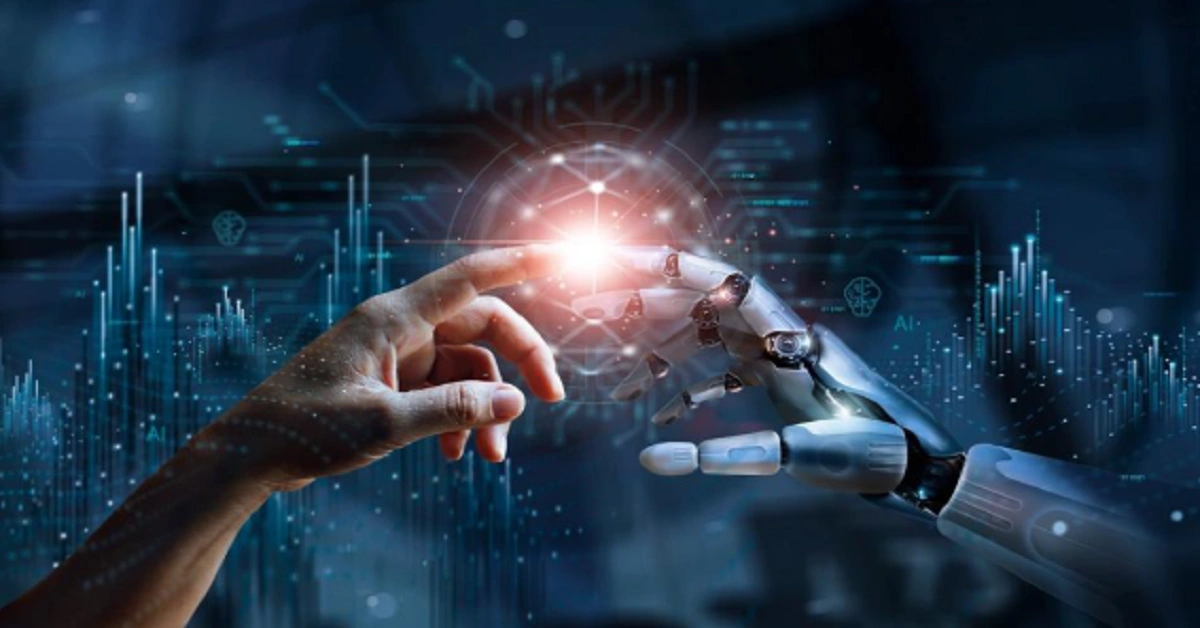Artificial Intelligence (AI) has made remarkable strides in various creative fields, with AI-generated music emerging as one of the most talked-about advancements in recent years. While this technology holds great promise, many misconceptions about AI music persist. From fears of replacing human musicians to doubts about its quality, these myths often cloud people’s understanding of the technology. In this article, we’ll debunk some of the most common misconceptions about AI-generated music and offer actionable insights to help you better navigate this evolving field.
1. AI Music Will Replace Human Musicians
One of the biggest myths surrounding AI-generated music is the idea that AI will completely replace human musicians. This fear stems from the misconception that machines can create music in the same way humans do, with all the depth, emotion, and individuality that comes with a human touch.
The Reality:
While AI can generate impressive compositions, it lacks the ability to truly understand the emotional and cultural contexts that human musicians bring to their work. AI-generated music can certainly mimic certain styles or genres, but it cannot replace the creativity, personal expression, and life experience of a human artist. Instead, AI is seen as a tool that can complement musicians, offering inspiration, assistance in the composition process, and new ways to explore sound.
2. AI-Generated Music Lacks Creativity
Another common myth is that AI-generated music is devoid of creativity and sounds robotic or formulaic. People often assume that music created by machines will lack the unpredictability and originality that define great music.
The Reality:
AI systems like the best AI music generator like Adobe Express are designed to process vast amounts of musical data, including chord progressions, melodies, and rhythms from various genres. These tools can generate music that is diverse and can even surprise their users by creating innovative combinations of sounds. While AI may not possess the same kind of intuitive creativity that human composers do, it can still push the boundaries of musical experimentation, offering musicians fresh ideas and perspectives.
3. AI Music Is Only for Electronic or Techno Genres
Many people associate AI-generated music with electronic or techno genres, assuming that AI is only suitable for creating synthetic, computer-based sounds. This misconception limits the potential of AI in the music industry.
The Reality:
AI is versatile and can generate music across a wide range of genres, from classical and jazz to rock and hip-hop. In fact, many AI music tools are designed to adapt to the specific preferences of users, allowing them to generate compositions that fit various styles. Whether you’re looking for orchestral scores, acoustic guitar tracks, or even experimental soundscapes, AI music generators can cater to a variety of musical tastes and genres.
4. AI Music Is Low-Quality and Unoriginal
Some people are skeptical about the quality of AI-generated music, believing that it is inferior to human-created compositions and lacks originality. While it’s true that early AI music systems produced somewhat mechanical and simplistic sounds, today’s technology has significantly advanced.
The Reality:
AI music generators now have the ability to create high-quality compositions that rival traditional music in terms of production value. With machine learning algorithms constantly evolving, the output has become more complex and nuanced, leading to compositions that are not only technically proficient but also musically rich. Many artists and producers have begun integrating AI-generated music into their work, showing that AI can indeed produce original and high-quality pieces.
5. AI Music Is Only for Professional Musicians
Some people assume that AI-generated music is only for professional musicians or producers who have technical expertise in music composition and production. This myth stems from the idea that AI tools require a deep understanding of music theory and sound design.
The Reality:
Many AI music tools, like those provided by Adobe Express, are designed to be user-friendly and accessible to individuals with little or no musical training. These tools often come with templates, presets, and intuitive interfaces, allowing anyone from beginners to seasoned professionals to create high-quality music with ease. Whether you’re a content creator, a hobbyist, or a professional musician, AI can help you streamline the creative process and enhance your compositions.
6. AI Music Is Just a Passing Trend
Some critics argue that AI-generated music is just a fleeting trend, something that will eventually fade as people return to more traditional methods of music production.
The Reality:
AI-generated music is here to stay. As the technology continues to improve, more and more industries are adopting AI as a valuable tool for creative expression. From video game soundtracks to advertising jingles, AI-generated music is becoming an integral part of many creative processes. Moreover, with the rise of platforms that offer AI music generation services, the accessibility of this technology is only going to increase.
Conclusion: Embrace the Future of AI Music
AI-generated music is not about replacing human creativity; it’s about enhancing it. By debunking these common myths, we can better understand how AI can be used as a powerful tool in the music-making process. Whether you’re a professional musician looking for new ways to experiment with sound or someone who wants to create music for personal projects, AI music generators offer endless possibilities.
Embrace the future of music, where human creativity and AI innovation work together to push the boundaries of what’s possible.
